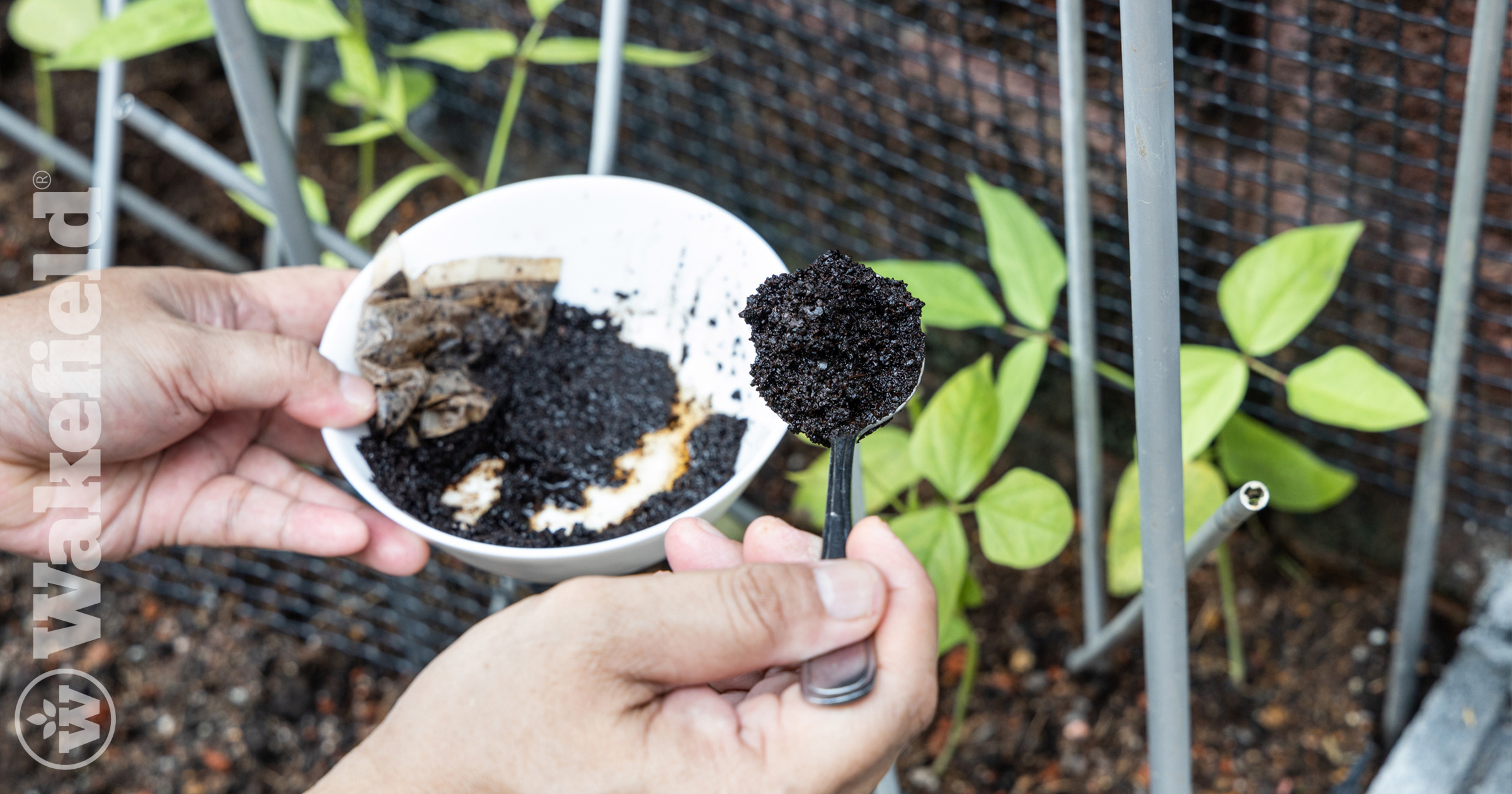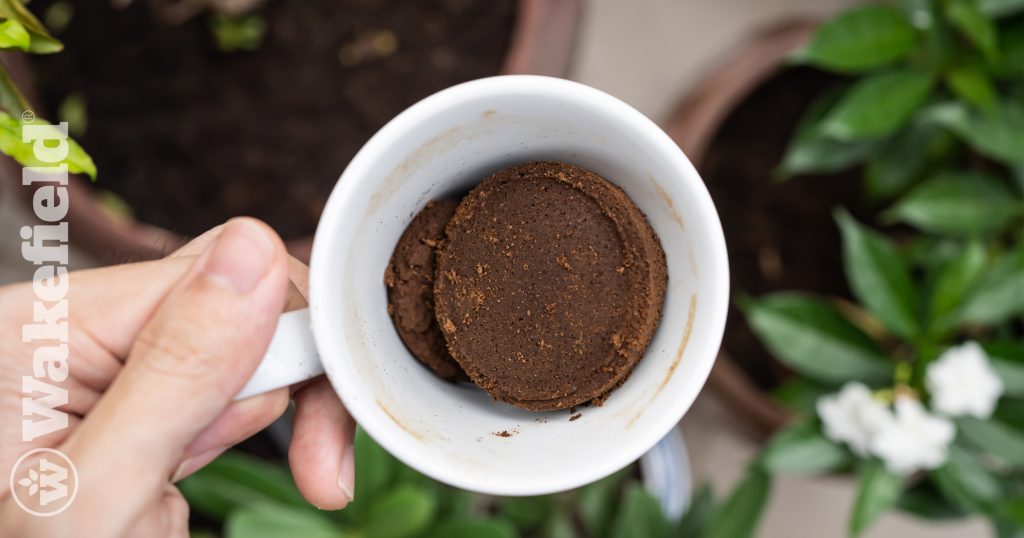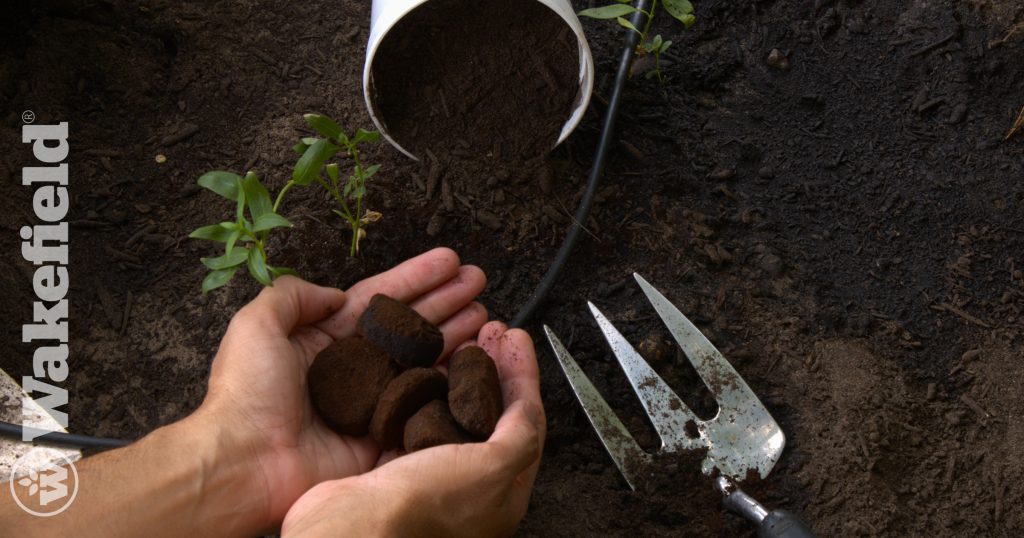Biochar Applications in the Coffee Industry

Biochar’s Benefits for Caffeinated Gardeners
Biochar and coffee grounds help farmers combat climate change by making crops more resistant to drought, erosion, and other tough conditions. It improves soil quality and water retention, leading to consistent yields and better economic outcomes for farmers. It’s a sustainable solution that reduces the carbon footprint and cleans up environmental pollution.
Biochar + Coffee = Healthy Crops
Biochar helps soil retain essential nutrients like phosphorus, nitrogen, potassium, calcium, and magnesium, leading to healthier crops. It also improves soil structure, ensuring proper drainage and airflow, reducing soil compaction, and allowing roots to access nutrients, water, and oxygen more efficiently. Additionally, biochar’s ability to hold onto nutrients makes it invaluable to farmers, keeping nutrients in the soil even during heavy rain or erosion.
Boosting Crop Resilience with Water Conservation
Biochar helps absorb excess moisture, preventing root systems from becoming oversaturated. This efficient water retention benefits plants and helps conserve water, allowing farmers to use less water while maintaining healthy crops. Furthermore, biochar helps crops fend off diseases like leaf rust by retaining soil nutrients. The carbon in biochar stops leaf rust spores from spreading, protecting entire crops. Additionally, biochar balances the soil’s pH level, creating an environment where leaf rust spores can’t thrive.
Sequestering Carbon for Sustainable Farming
Biochar traps carbon dioxide in the soil, preventing it from being released into the atmosphere. This process, called carbon sequestration, keeps carbon dioxide in the soil for centuries, reducing the impact of climate change. By using biochar and coffee grounds, growers can adopt more sustainable practices. Unlike fertilizers, biochar doesn’t harm the environment or leach into water bodies. It also retains harmful elements in the soil, preventing them from affecting people, animals, and plants.
Combining Coffee Grounds with Biochar for Enhanced Soil
Mixing coffee grounds with biochar provides additional organic material, enhancing the overall nutrient profile and microbial activity in the soil. This combination improves soil fertility, structure, and moisture retention, creating an ideal environment for crops to thrive. Adding coffee grounds to soil mixed with biochar also promotes healthier soil ecosystems, benefiting the plants growing in it.
A Sustainable Solution for Coffee Growers
Our biochar benefits large-scale farming operations, including the coffee industry. For more information about biochar and its applications, contact us today.
Better soil. Better world. Stay caffeinated!







